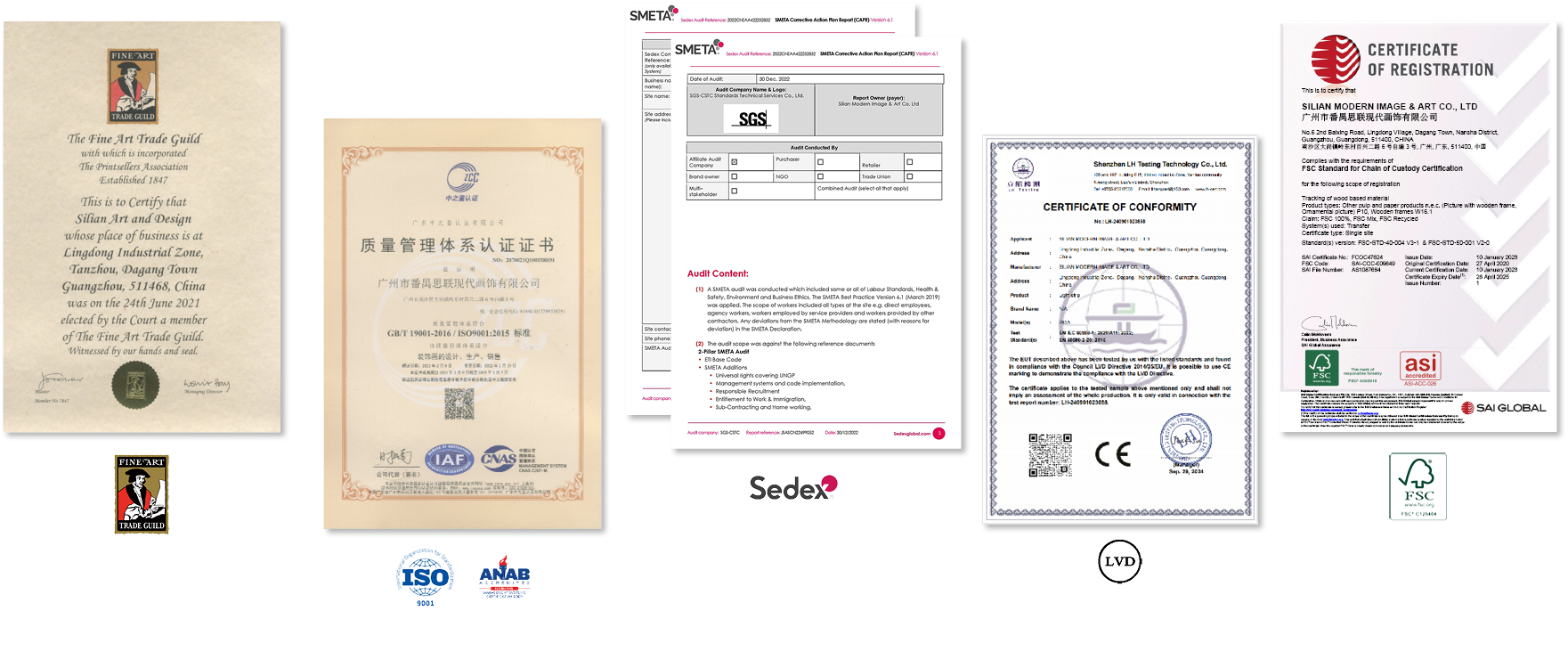
Jean F. de Neufforge (born 1714) was an engraver and architect who was born in Comblain-au-Pont. His designs targeted a wide range of people, from the extremely wealthy to the middle class. Most of his work was in the Rococo style. When he was working on the engravings on beaux monuments de la Grèce he mat Le Lorrain Jean-François, whose influence can be seen in the volumes of the Recueil elementaire which were produced earlier. They included all the Greek revival style’s elements. However, His later work threw out these influences and showed that eh had adopted the views of Palladio Andrea and Peyre Marie-Joseph. The later designs, with prostyle porticos, flat undecorated exterior walls, cubic houses and other elements gave clear indication that he was borrowing from English Palladianism. Due to the religious wars and revolutions that had ravaged the Low, the fortunes of his family had declined by the time he was born. De Neufforge had one sister and one brother. Around 1738, he moved to Paris where he studied engraving under Edmé Babel Pierre and architecture under Blondel Jacques-François. His work was highly geometrical. Making the framed Jean F. de Neufforge art to be easily recognizable. Even his designs for bourgeois gardens were geometrical and very elegant. The artist was not interested in the practicality of his designs; he was rather concerned with appearance and style. His work was described by The Journal de Trévoux as being in good taste with invention subordinated to the rules, mature composition, avoiding singular, bizarre or frivolous elements. This was announced in the 5th volume of the magazine in February 1762.


Jean F. de Neufforge (born 1714) was an engraver and architect who was born in Comblain-au-Pont. His designs targeted a wide range of people, from the extremely wealthy to the middle class. Most of his work was in the Rococo style. When he was working on the engravings on beaux monuments de la Grèce he mat Le Lorrain Jean-François, whose influence can be seen in the volumes of the Recueil elementaire which were produced earlier. They included all the Greek revival style’s elements. However, His later work threw out these influences and showed that eh had adopted the views of Palladio Andrea and Peyre Marie-Joseph. The later designs, with prostyle porticos, flat undecorated exterior walls, cubic houses and other elements gave clear indication that he was borrowing from English Palladianism. Due to the religious wars and revolutions that had ravaged the Low, the fortunes of his family had declined by the time he was born. De Neufforge had one sister and one brother. Around 1738, he moved to Paris where he studied engraving under Edmé Babel Pierre and architecture under Blondel Jacques-François. His work was highly geometrical. Making the framed Jean F. de Neufforge art to be easily recognizable. Even his designs for bourgeois gardens were geometrical and very elegant. The artist was not interested in the practicality of his designs; he was rather concerned with appearance and style. His work was described by The Journal de Trévoux as being in good taste with invention subordinated to the rules, mature composition, avoiding singular, bizarre or frivolous elements. This was announced in the 5th volume of the magazine in February 1762.















